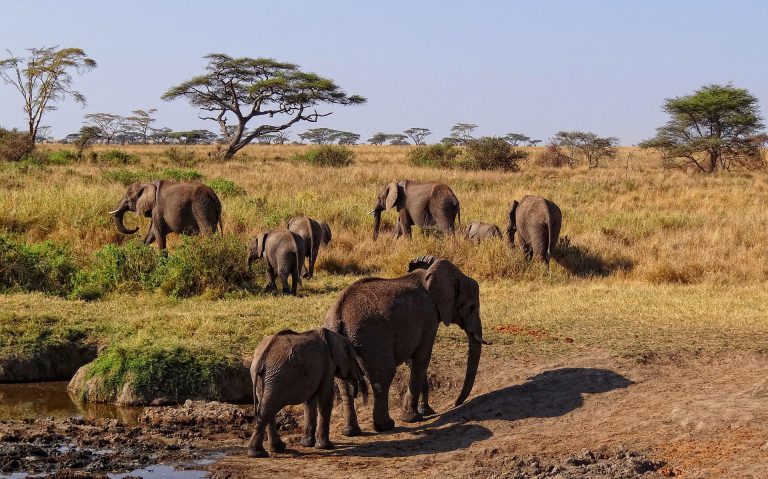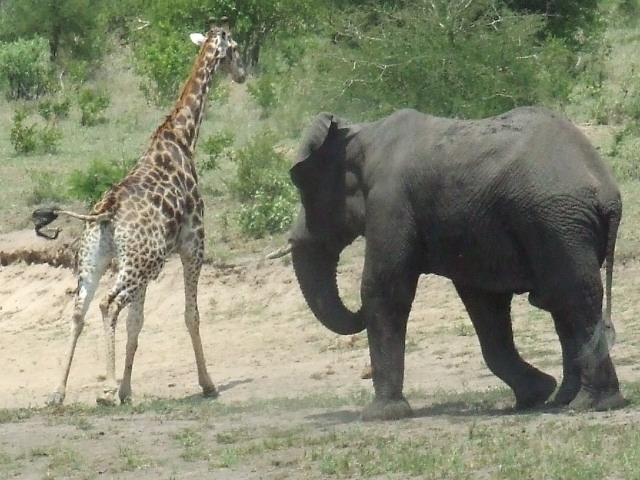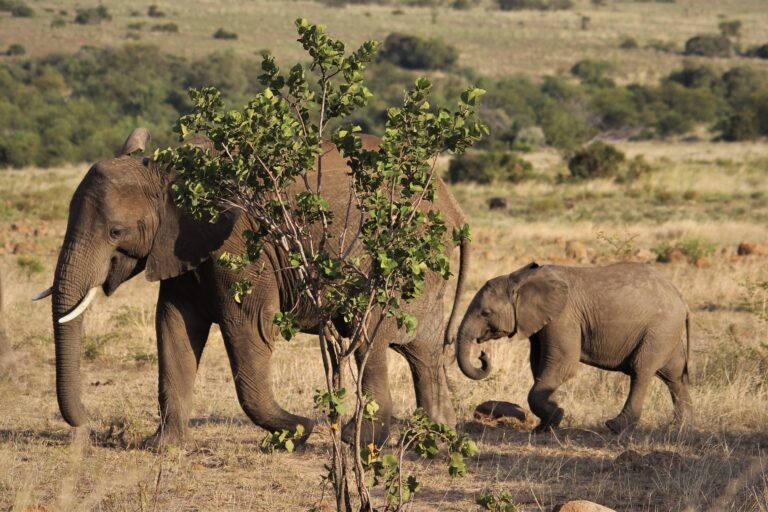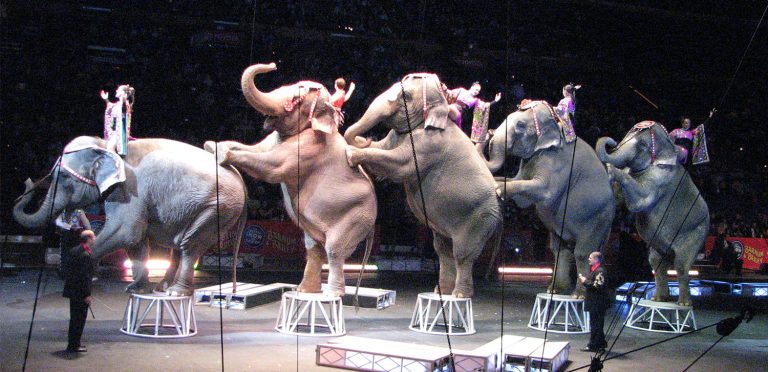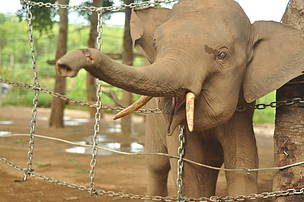Ants And Bees: Two Little Creatures Elephants Are Afraid Of
How do farmers protect crops from massive Elephants without killing them? By using bees and ants!
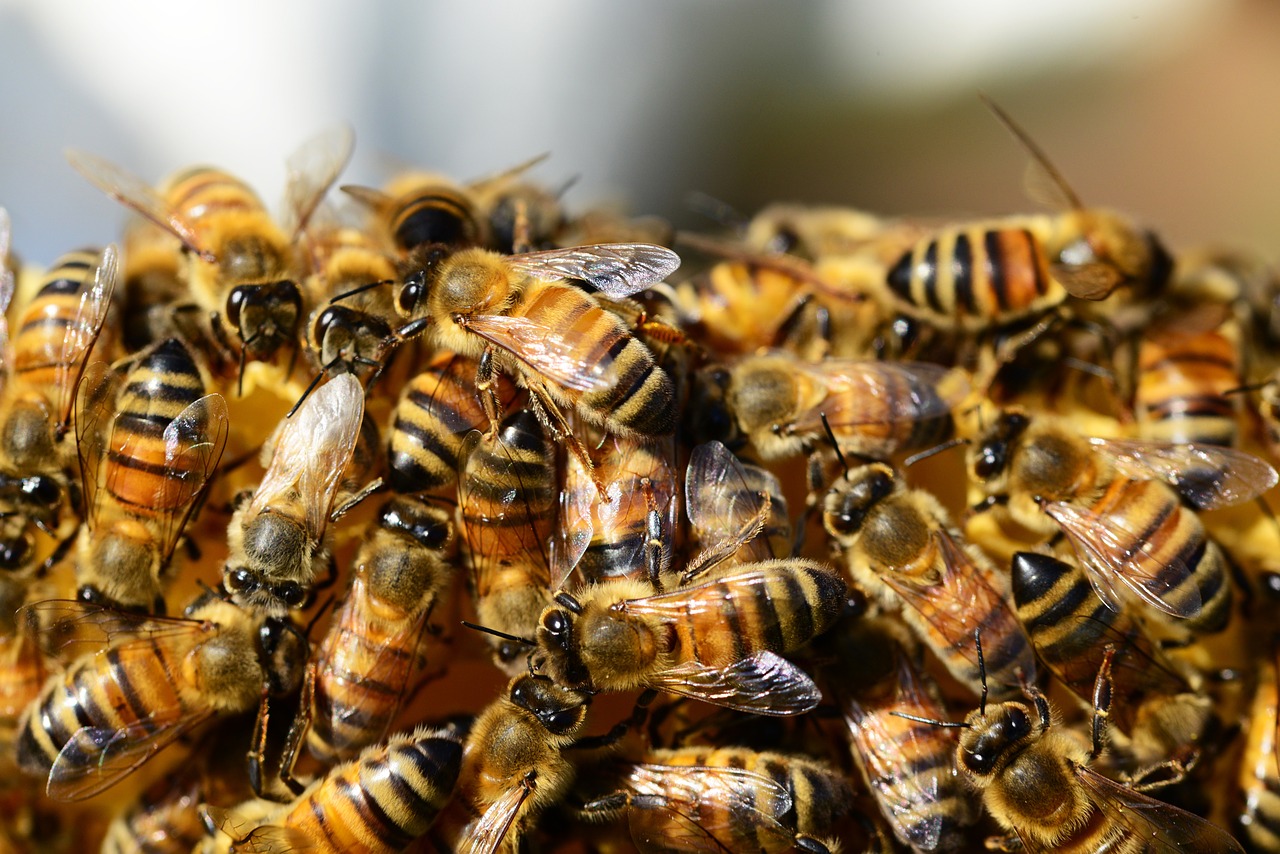
We all know Elephants to be large, majestic creatures, seemingly unfazed by the wildlife around them. Perhaps you’ve heard the belief that they are afraid of mice, and thought it curious given how small mice are.
Well, while elephants’ fear of mice may be just a myth, they seem to be very much afraid of even smaller creatures – bees and ants!
The very notion is somewhat comical when you picture it, and seems highly unlikely. However, not only has this fear proven to be real in elephants, it actually also makes sense.
Keeping Hungry Elephants At Bay: Plan Bee
Elephants in North Africa have been observed to avoid feeding on trees with beehives, and even run away at the very sound of bees.
To be fair, African bees are known to be terribly vicious so it’s probably best for elephants to avoid such encounters. Worst of all, the attacking bees fly right inside the trunk and begin to sting.
Moreover, the inside of their trunk is lined with soft, sensitive skin, so a bee sting would be particularly painful – not something you’d want happening to you in the middle of a meal, is it? The eye area is equally vulnerable for elephants and even a single bite would be horribly painful.
How Was This Discovered?
To test this phenomenon, researchers tried removing bees from trees elephants had been avoiding, and then presenting the animals with bee-covered leaves alongside regular ones to see which they would eat.
The results confirmed it: the mega animals are definitely afraid of bees. Also, they can smell them from a distance, which helps them avoid painful stings. The biggest benefit here is that farmers can now install beehives around their farms to keep the elephants out and prevent potentially fatal conflict with them.
This tactic works for the Asian and African varieties of the species too.
It looks like their fear of bees might even save elephant and human lives!
A thieving herd can eat a whole year’s worth of crops in one night! Thereby leaving farmers destitute and frustrated.
Below is a video published by Raw Wild showing a herd fleeing from a swarm of bees.
What About The Tiny Ant?
None of us like getting stung by a bee, so perhaps we can sympathize with elephants in that regard. But what about ants?
Well, it turns out a close encounter with ants can be just as painful for the behemoths, and an accidental discovery by researchers in the East African Savannah proves it.
Elephants are known to be voracious eaters, leaving countless trees leafless, but there are some trees which they completely avoid. Researchers found it perplexing at first, but then discovered that ants were the reason these trees remained intact.
These acacia trees had developed a symbiotic relationship with ants, providing them with food and shelter, while receiving protection from the ravaging giants in return.
What’s So Repulsive About Ants Though?
Apparently ants getting inside their trunk during a meal is very painful, painful enough for elephants to forgo their food. This is a real game changer for the acacia trees. Since a single herd can destroy hundreds of trees due to their eating habits, leaving a devastating impact on the whole ecosystem in the process.
However, there is now a possibility that farmers can use ant odor alone to drive these pachyderms away from trees that don’t house an ant colony. That’s because elephants can detect ants by smell.
Consider this one of the best and most natural means of controlling elephant encroachment into human territory.
Once the reasons for their fears are clear, it’s easy to see why elephants would be intimidated by insects. A bee or ant sting can’t be pleasant, but luckily these creatures have learnt the hard way to avoid having that experience.
However, their fear of bees can be used as a means to prevent conflict with humans, and their fear of ants means that more acacia trees survive.
Ultimately, some good can come of this in either case: for the trees, for people and for these mighty mammals.

